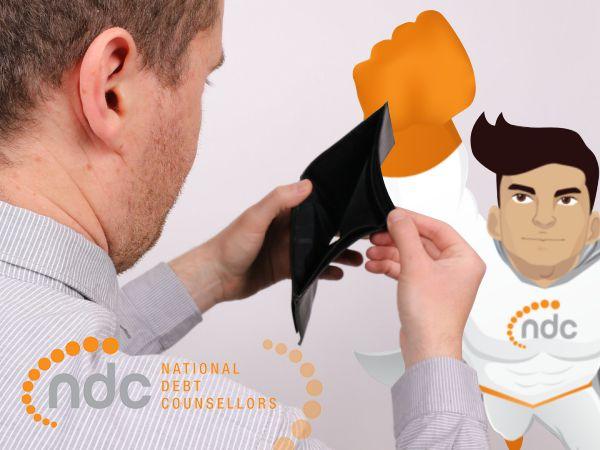Many of us feel as though January is the longest financial month ever. With December pay checks arriving two weeks earlier than normal, it’s easy to overspend on holiday luxuries if you don’t have a strategy or a budget.
It’s also common for people to neglect saving and restraint in December, despite the fact that they’ll need those funds in January. When this happens, we are often left with no money, increased debt, and a long wait until the next pay check.
For the most part, achieving one’s monetary objectives requires a great deal of effort, self-discipline, and determination.
The month of January is a good opportunity to examine how much you spent throughout the Christmas season. Now is the moment to assess your mistakes; doing so will allow you to better plan your budget.
Set some budgetary objectives for the coming year. Create a plan for your finances that is clear, concise, and achievable. You must psychologically and emotionally ready yourself for a shift in your relationship with money.
Follow these steps and you can finally put an end to your money woes, free yourself from debt, and start living your life.
1. Take stock of your December spend
Recalibrate your December expenditure and identify wasteful habits. Were you able to stick to your spending plan, or did you overindulge in presents and unanticipated holidays? Taking stock of your holiday spending might help you establish concrete plans for the future.
2. Address your debts
Either settle your debts with the highest interest rates or the ones with the smallest balances first. This provides a sense of satisfaction and may even prompt adjustments in how we generally approach our financial matters.
Stay calm and seek professional assistance if you find yourself in over your head with debt. You can rely on the expertise of debt counsellors as they guide you through the debt review process tailored to suit the needs of people who are having difficulty making their monthly debt payments.
These professionals will renegotiate all of your existing credit agreements with your credit providers, lowering your monthly debt repayments to levels that you can manage.
3. Set up a budget for the new year
Establish an annual spending plan. It’s a good idea to think about how much money you want to spend, save, and invest this year when you make resolutions in January. Don’t lose track of your money.
Living over one’s means is an inevitable result of spending without proper financial preparation. Identify what is most important to you and spend your money accordingly. Reduce your consumption to just what is necessary.
Do yourself a favour and rent a movie instead of buying expensive popcorn and soda at the theatre. Don’t get into debt to buy a fancy sports car. A good rule of thumb is to not spend more than 30% of your monthly income on rent. Instead of ordering out, consider preparing some healthy meals at home.












